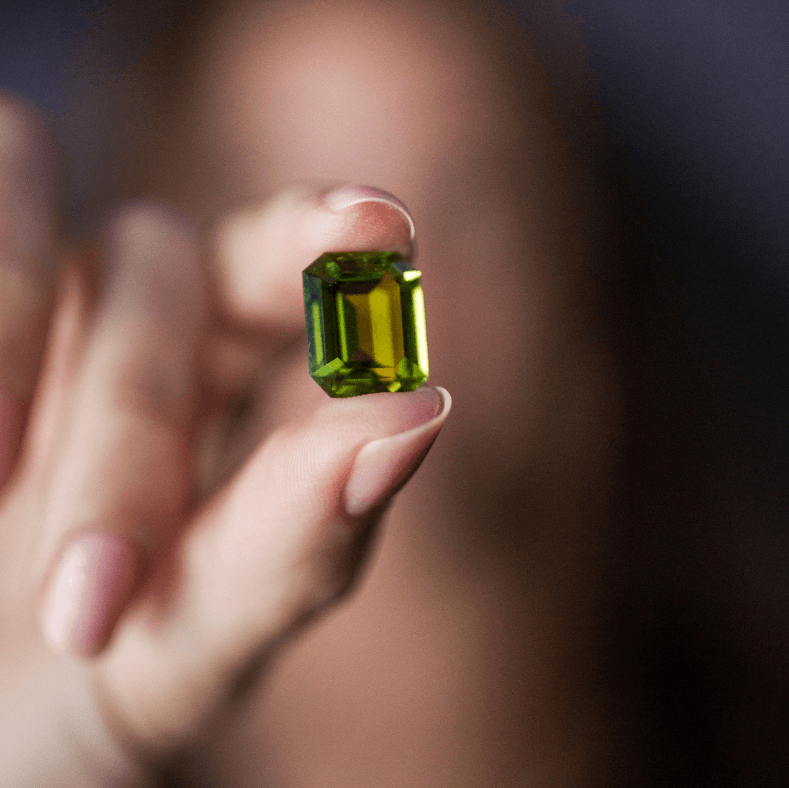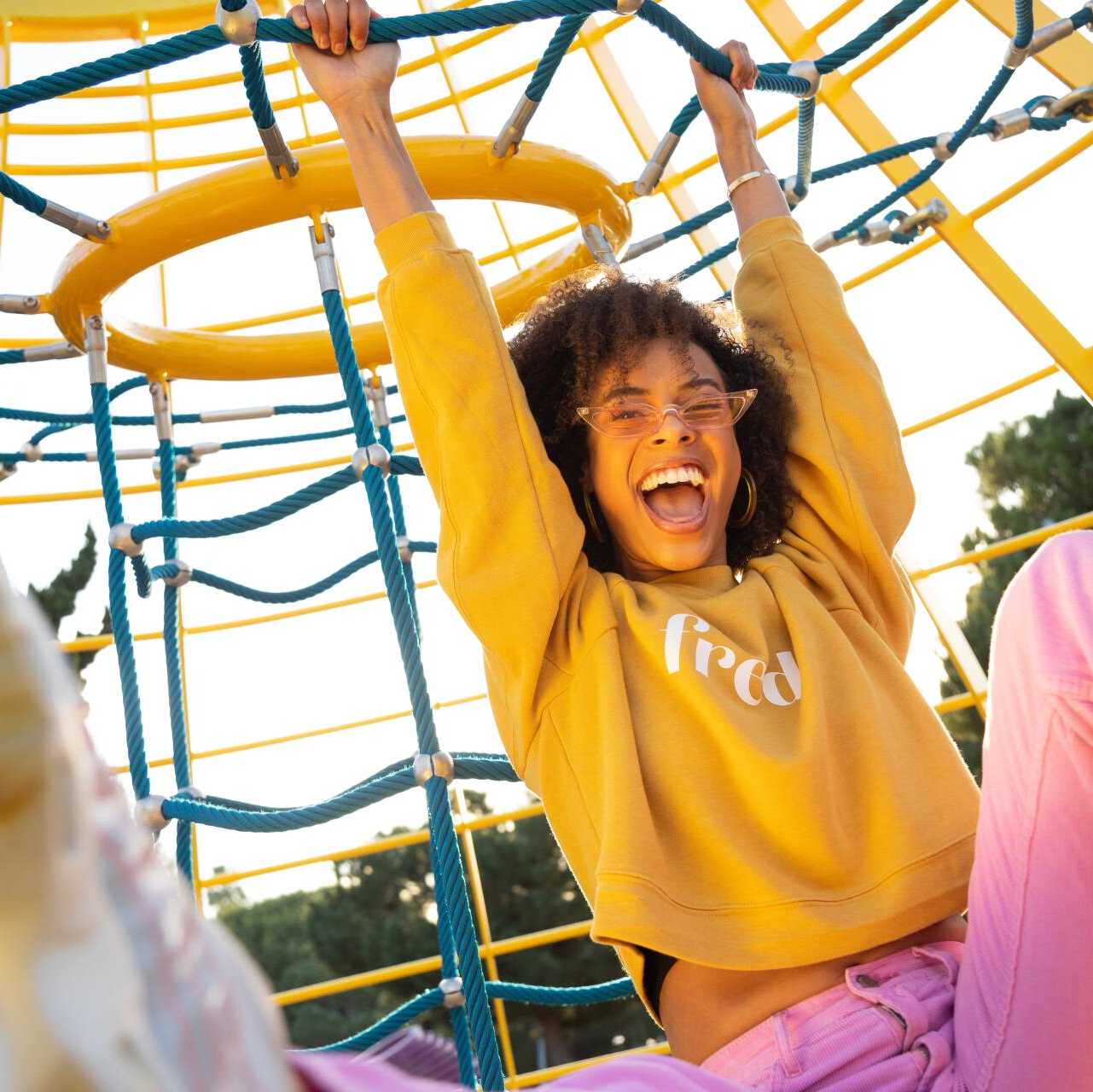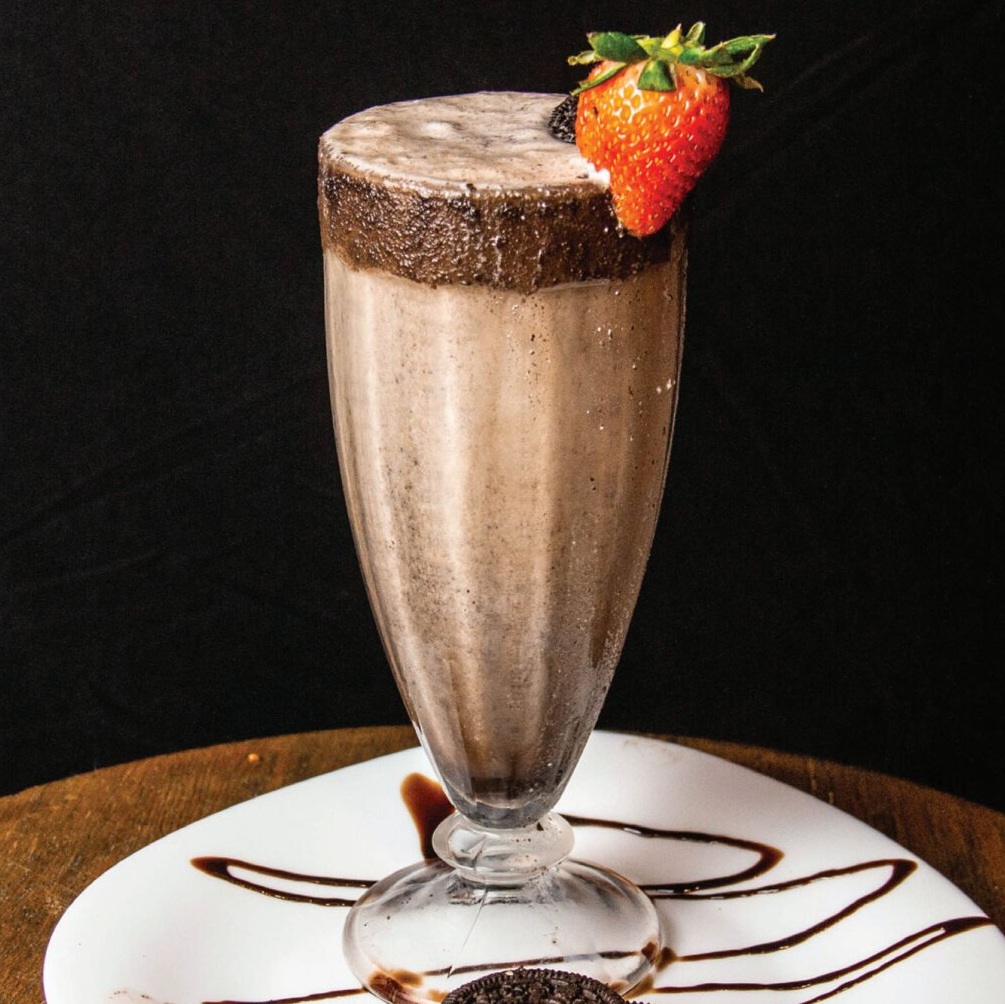Your Brain on Music
By: Kim Carson

I’ve always wondered how I can have such a strong, visceral reaction to a song from my youth when I hear it on the radio. Has that ever happened to you? Driving down Main Street hearing the first few notes and being magically transported back to a specific moment in time. Powerful enough to bring to the surface strong emotions. I’ve always thought it strange that tears involuntarily can come to my eyes upon hearing a few notes, and THEN the memory tied to the song will come to mind. It’s completely unconscious. The memory doesn’t trigger the tears; the music triggers the tears, and the memory tied to that song follows.
For me, it’s usually something from the 70’s; I was 13 years old in love with the idea of love. I grew up in Detroit between 7 and 8 Mile (yeah, the one Eminem sings about). As a kid, I just didn’t fit in—I was different. I wasn’t the most popular kid in school, and socially it was always awkward for me. I was uncoordinated, so you can only imagine what emotional reaction Dodge Ball would stir up in me. Music and radio were my escape, a magical world I could disappear into, knowing I could count on my favorite DJs for companionship, and the music was there to soothe my soul. It was a constant.
MUSIC AND MEMORIES
One experience that comes to mind is this one: I recently heard the song Right Back To Where I Started From by Maxine Nightengale on the radio. Hearing the first few notes transported me back to a hotel room in Knoxville, Tennessee, 16-years old, turning on the radio, unpacking my suitcase, and feeling so excited, knowing that tomorrow will be my first day on the air reading the weather on WKVQ radio station. Facebook friend Debbie Ralph posted, saying, “...at 67, it’s such a sweet mind trip for a bit. The most primal areas of our brain react strongly to evocative sensory experiences. I heard Grand Funk out of the blue; (suddenly) I was that cute little hippy chick and 16 out carousing with my bestie and going to concerts at the LA Forum.”
How and why are music, emotions, and memories tied together? I asked Ed Roth, Professor of Music Therapy at the School of Music-WMU. Ed is also the director of the BRAIN (Brain Research and Interdisciplinary Neurosciences) laboratory. One of Roth’s most recent courses includes a neuroscience of music course titled “Your Brain on Music.”
Roth says, firstly, memory is quite complicated. Memories are considered short-term or long-term, conscious or unconscious, knowledge about events, general knowledge about the world, and knowledge about the order in which certain activities take place; when building a sandwich, I don’t start with mustard; first, I start with bread, then maybe meat, and so on. To answer the how part of your question, memories are built-in contexts, combinations of sensory and emotional information. It’s generally thought that the more robust, emotional component of memory, the more vivid, detailed, and powerful that memory will be over time.
What I wanted to know, though, is why it happens. Roth says, That likely has something to do with survival from our ancient ancestors. Your survival could depend on remembering the difference between something that brought you or a tribe member pleasure and something that caused pain, and emotion provides amplification to those memories to cause us to run toward pleasure and run away from pain.
Music’s role, of course, is primarily tied to its ability to induce emotion and, by doing so, conjuring up memories tied to those emotions, both pleasurable and painful. Part of it has to do with perception and biology, and part of our response to music is culturally derived. You can play the same song at two significantly different tempi, and people would have different physical and emotional responses to it. That’s what I mean by perceptual and biological.
However, the other aspect likely has to do with our associations between the music, our memories, and our identities. Think about how many melodies and lyrics you have memorized at some level – it’s remarkable! That has both something to do with the musical structure of a piece of music and the context in which that song became meaningful to us; think weddings, funerals, breakups, the birth of a child, etc.
Ed added music therapists are currently using music to help people who have age-related disorders such as Parkinson’s disease and strokes recover the ability to walk again, talk again, deal with memory degradation, and importantly, the emotional recovery that is also necessary when someone is having one of these experiences. One of the most compelling arguments for music as we age is its ability to make us feel connected to other people. Loneliness is not just a down feeling one might have from time to time. Still, it can lead to significant declines in health as people further isolate themselves, which causes them to feel even lonelier, and the cycle continues. Simply listening to music can be the first step to combat loneliness; listening to it with our people allows us to share our emotions and memories brought up by the music. Those experiences can further lead to us taking better care of ourselves and enjoying our lives.
Wise words, Ed. Let the music play!











